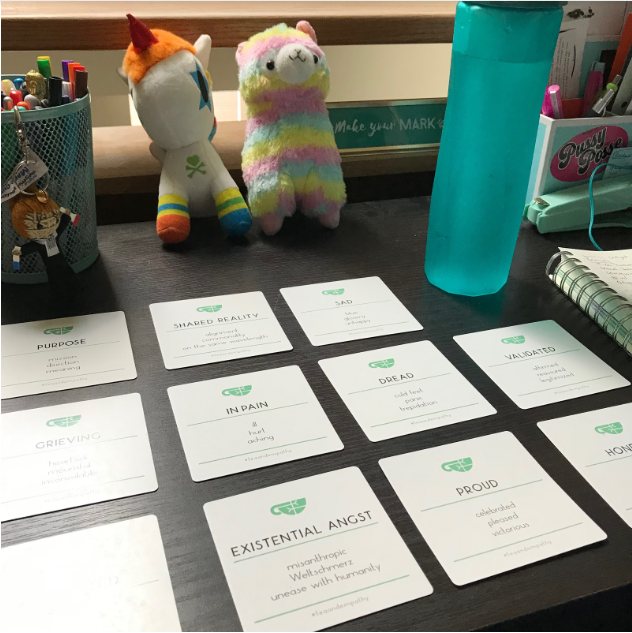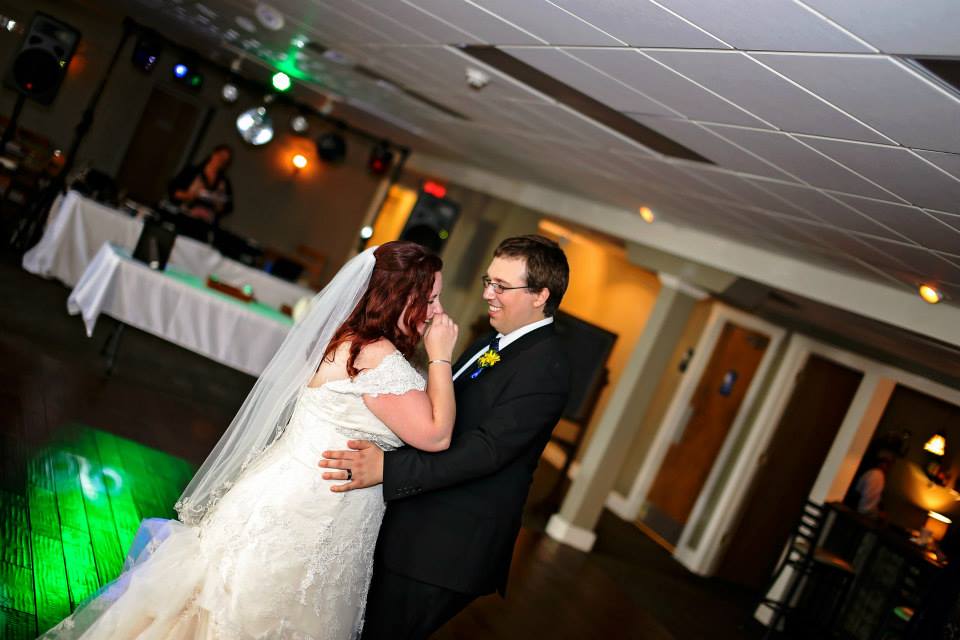Growing up in the era of cartoon princesses led a lot of us to believe some misguided things about love. Love wasn’t explained to us as being work, but simply as a feeling. Our ideal partners would show up and lift curses for us, making us whole and ‘normal.’
Not only is that far from reality, it also leaves out those of us with chronic illnesses or disabilities.
Relationships take work. Relationships with chronic illness are like taking on two full-time jobs at once.
Thankfully, there are ways to make relationships go more smoothly.
Communicate more
Communication is important in any relationship, but even more so when health issues come into play. Our partners may never know what it’s like to live with chronic pain, go through the diagnosis process, or be unable to do basic things. Even if they did, their experience likely would differ from ours. That means the only way they can understand our pain and energy levels is if we tell them.
I know it’s hard. It’s really hard if you’ve been raised to serve others. I was and I’m rubbish at communicating my pain levels. When I share them, I worry that it comes off as complaining when I really just want people around me to know what’s going on. We’ll talk later about asking for feedback, but I always check in with my husband on how I’m communicating pain.
Getting better at communicating means we need a certain level of emotional intimacy.
Emotional intimacy
It is so hard to be vulnerable. It’s easy for someone to take advantage of us or even end relationships with us because of our health. Because of that, we tend to hide the things that make us different or vulnerable. That can make it very hard to work on emotional intimacy or even sharing about health-related things. I will be the first to say that I’m not great at this, but I am working on it.
One thing you can do to help yourself and your partner(s) is learn more accurate words for your feelings. Kate Kenfield’s Tea and Empathy cards are incredibly helpful for that. They give you a variety of precise words for your feelings – and even turn sharing them into a game. I use the cards often on my own to process how I’m feeling, and that allows me to share my feelings more accurately with my husband.

Practicing with Kenfield’s card helped me develop better communication skills around emotions. Having an emotional foundation to build upon makes a world of difference. It did take some time to apply that principle to sharing about pain, fatigue, and brain fog. Give you – and your partner – room to make mistakes and grow.
Increasing communication and emotional intimacy is more like a marathon than a sprint.
Honesty is (usually) the best policy
It’s important to be as honest as possible in your relationship. It can be a hard habit to start if you’ve been together for a while. That said, it’s better to start sooner rather than later. The best way to go about this is to tell the truth kindly.
I always suggest having a date night regularly scheduled once a week up to once a month. This particular date night, stay relatively sober. Use time outside the bedroom to talk about what what’s gone well and not-so-well recently. Make sure to use nonviolent communication techniques like ‘I’ language. Sandwiching criticism between praise is a trick bosses have been using for years, and it works well here. Here’s a good example:
I really appreciated that you grabbed dinner on the way home when I was in a lot of pain last week. That made me feel very cared for. I wish that you would tell me how you’re handling my health issues. I know this is hard on both of us, and I worry that you don’t feel seen at times. When I was scared to go see my rheumatologist, it made a big difference that you came with me. I felt supported, and it made it easier to talk about my health.
Make sure to ask for feedback and be open to hearing criticism, too. This is a two-way street, and it should stay that way.
Play & laugh
Laughter may not be the best medicine, but it sure is helpful for creating bonding intimate opportunities.
Living with health issues is hard enough. We have to laugh sometimes. It helps us relieve stress, relax our muscles, and even cope with pain. Finally, the rough pain days I spend watching Bob’s Burgers make sense!
On top of that, laughing with someone releases endorphins which literally brings you closer to that person. In intimate moments, that bond can help us feel more at-ease and less concerned about the world outside. I don’t know about you, but medical appointments, bills, and current events can all easily weigh me down. They can interrupt and disturb the sweetest moments… but that’s what laughter is for. Every time my husband makes me laugh, he brings me back to the present and my emotions over my pain levels.
And that’s pretty special.
Work as a team
Illness can often feel like a third wheel. It’s like dating two people at once – one who is your actual partner and the other your controlling, rude illness. It’s important to remember that, while there are times you have to choose listening to your body and mind over doing something with a partner, you are both on the same team.
If you approach a big test or flare-up as just another hurdle to work through together, it makes a big difference. You and your partner will likely feel more supported, loved, and grounded in your relationship than before. Being a team requires emotional intimacy, good communication, and the ability to laugh at yourselves.
This isn’t easy, but remember you’re not alone
Working on relationship stuff isn’t meant to be easy. Easy things are, often, not as important as the tougher stuff. At the end of the day, you’re not alone. Your partner(s) are in your corner, fighting for you each step of the way. When you’re ready, you also have a community here to support each of you on this journey.
Want to share your personal experiences or learn from our community? Join us in our Friends in the Fight group.

